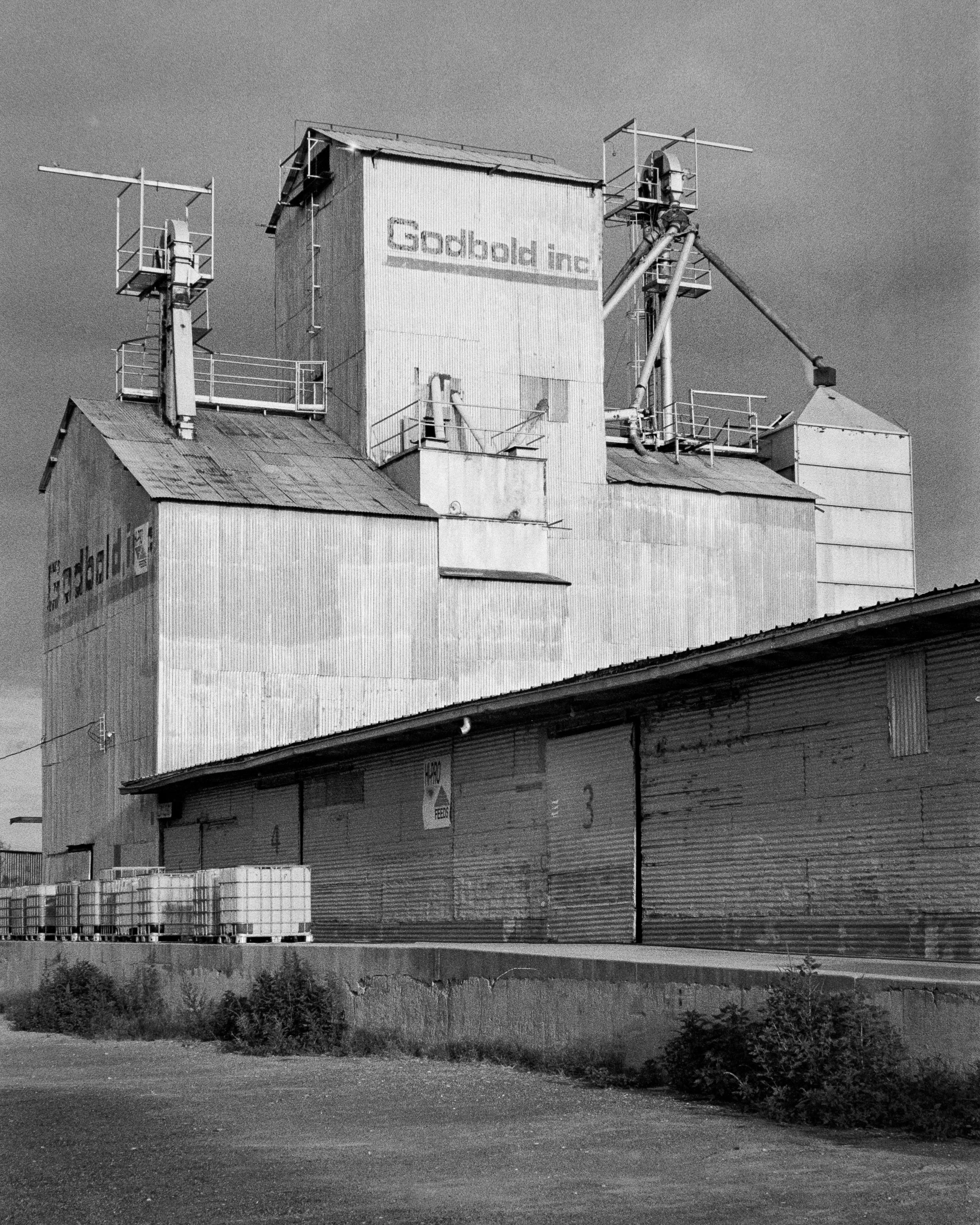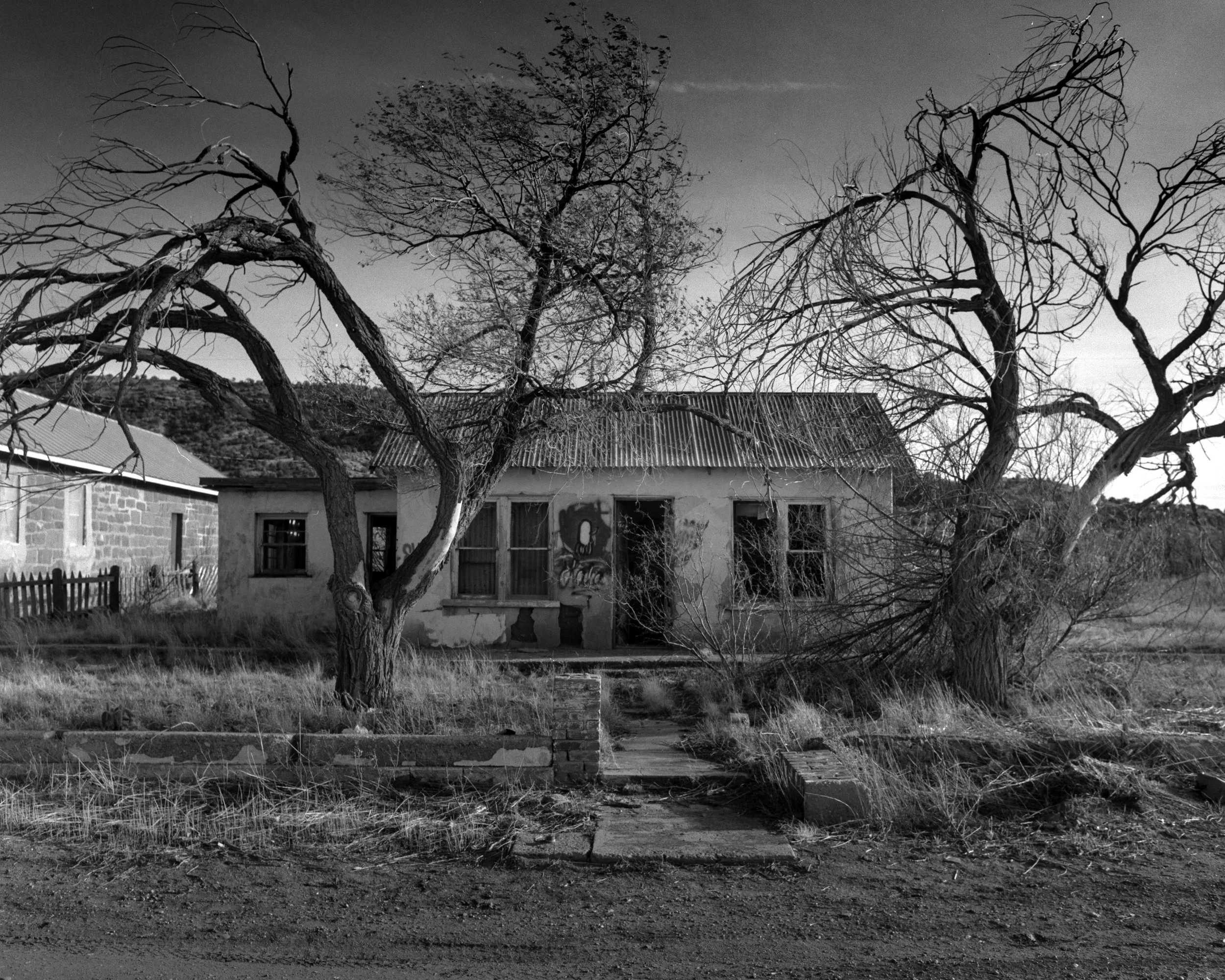You’ve heard it before—"They don’t make 'em like they used to!" It’s one of those timeless sayings, but it really hits home when we talk about photography. We’re in the golden age of cameras. Technology is advancing faster than we can keep up, and every year, new, high-tech gear hits the shelves. Cameras have never been more accessible, more sophisticated, or more capable of producing flawless images.
With all this innovation, it's almost hard to remember a time when a good camera was a rare, expensive investment. But here’s the thing: While modern digital cameras make it easier than ever to snap technically perfect photos, there’s something about film that keeps pulling us back. It's the unpredictability. The imperfections. The artistry. It might seem a little strange at first—why choose something that’s slower, less efficient, or, in theory, lower in quality? But for many of us, that’s precisely the point.
For me, film photography is more than just nostalgia. Sure, it’s fun to relive the past, but there’s something about film that brings me closer to the art of photography itself. It’s not just about the pictures; it’s about the experience. It’s a way to disconnect from the fast-paced, instant-gratification world of digital cameras. When you shoot film, you slow down. You think more. You’re more intentional. The result is something unique, something special.
But beyond the obvious charm of film, there’s a deeper, personal reason why I choose it. As a photographer, photography is both my work and my passion. But when your hobby becomes your profession, it can be easy to lose the joy of it all. For me, film is a way to bring that joy back. It’s a process that challenges me creatively, makes me appreciate every shot, and gives me something to look forward to with every roll I shoot. The delayed gratification of waiting for the final image is a feeling digital just can’t match.
Sure, it’s not always easy. The setbacks can be frustrating. There’s always the risk of messing up the roll or losing an irreplaceable shot—like that time I lost a roll from a trip I can never fully replicate. But those challenges are part of the experience. It’s the unpredictability, the struggle, and the sense of reward when it all comes together that makes film so satisfying.
And then there’s the gear. The cameras themselves are works of art. From the classic mechanical beauty of an old Leica to the quirky, charming designs of a Holga, each film camera has its own personality. In contrast, modern digital cameras often feel more “uniform.” While the latest digital gear is incredibly efficient, it can also feel a little too sterile, a little too perfect. With film, there’s variety, and that variety is where the magic happens.
5 More Reasons to Shoot Film
1. Film Forces You to Be More Thoughtful: In the digital world, we’re used to snapping hundreds of shots and deleting the ones we don’t like. With film, you only have 36 exposures (or fewer, depending on the roll), so you have to be more thoughtful about every shot you take. This encourages you to really consider your composition, lighting, and timing before pressing the shutter.
2. No Immediate Review = Less Pressure: With digital, we can check our images instantly, which sometimes leads to second-guessing. With film, you don’t get to see the result until it’s developed, which takes away the immediate pressure and allows you to focus on the moment.
3. Unpredictability Creates Unique Images: Digital cameras are amazing at producing consistent results, but that consistency can sometimes feel mechanical. With film, there’s an element of unpredictability—whether it’s light leaks, grain, or color shifts. These quirks give each shot a unique, organic feel that’s hard to replicate digitally.
4. The Darkroom Experience: Developing film in the darkroom is an art form in itself. The process of creating prints by hand allows for a deep connection to your work that you simply can’t get from editing on a computer. It’s almost magical to watch the image slowly appear on paper.
5. Film Stands the Test of Time: Digital files can become corrupted, and hard drives crash. But if properly stored, film negatives can last a lifetime. They’re tangible, physical objects that don’t require tech to be preserved. There’s something comforting about knowing that your work could still exist for decades or even centuries to come.
Film may not be the most convenient or efficient way to take photos in today’s world, but for many of us, that's exactly why it’s so compelling. It's a chance to slow down, embrace imperfection, and reconnect with the process of creating something truly special.






